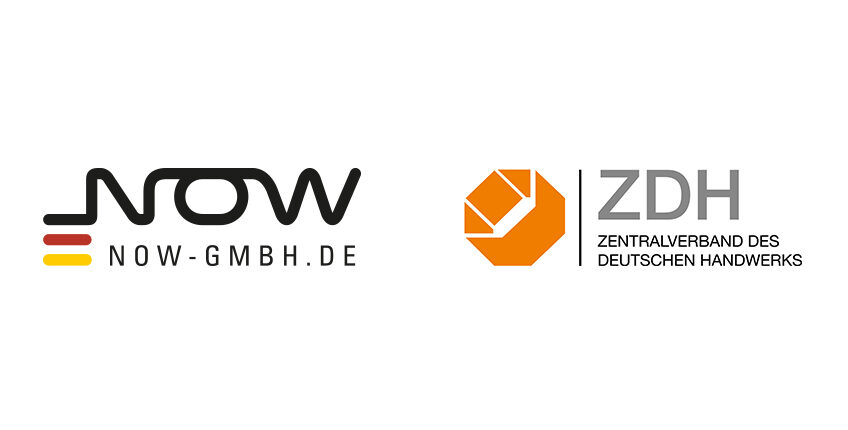The German Federation of Skilled Crafts (Zentralverband des Deutschen Handwerks – ZDH) has drafted a position paper on the opportunities and challenges of hydrogen and fuel cell technology for the skilled crafts sector. The paper summarises the key demands of the sector for the further development of the hydrogen strategy.
From the skilled crafts sector’s perspective, hydrogen, as part of a technology-neutral transformation strategy, is making a major contribution to implementing the goal of greenhouse gas neutrality.
The preparation of the paper was supported by the “HyLand – Hydrogen Regions in Germany” initiative, through which the Federal Ministry of Transport and Digital Infrastructure (BMVI) encourages stakeholders in all regions of Germany to initiate, plan and implement hydrogen-related concepts.
The aim of “Hyland” is to identify and foster the most innovative and promising regional hydrogen concepts. Cooperation between ‘Hyland’ and the German Confederation of Skilled Crafts (ZDH) has demonstrated that in many regions, skilled crafts chambers and trade associations are already heavily involved in networks that address the implementation opportunities of hydrogen technology.
“For the skilled trades, hydrogen technologies, in addition to the commitment in the areas of electric mobility, the circular economy and energy efficiency, are key building blocks of its energy and sustainability strategy”, underlines ZDH Secretary General Holger Schwannecke. Skilled trades are affected in all potential areas of hydrogen application in a multitude of ways as users, service providers and participants in production processes. “Especially in its role as an interface with private, public and commercial customers, skilled crafts play a significant role in successfully establishing and using hydrogen technologies. The expertise of the skilled trades is needed wherever technical infrastructure for the generation, transport and use of hydrogen is installed or maintained”, explains the ZDH Secretary General.
HyLand is being funded under the National Innovation Programe for Hydrogen and Fuel Cell Technology (NIP) of the federal government. “Hydrogen as an energy source is a central factor in achieving climate objectives, and the skilled crafts sector is an important partner for establishing a hydrogen economy in the regions. Small and medium-sizes businesses in the skilled crafts sector are a key element for locally establishing and using hydrogen technologies successfully, rapidly and sustainably”, explains Kurt-Christoph von Knobelsdorff, Managing Director of NOW GmbH, which coordinates the funding programme.
In the mobility sector, hydrogen can have an important complementary function, especially in its use in fuel cells, in areas not fully covered by battery-electric mobility – particularly for heavy-duty vehicles, construction and agricultural machinery. A potential application field of hydrogen technology is also in the area of decentralized electricity and heat generation in combination with solar facilities for buildings and neighbourhoods. In order to plan, install and maintain such hydrogen-based, decentralized electricity and heat generation systems, the expertise of the plumbing, heating and air-conditioning trades, electrical and IT trades as well as the skills of plant engineers and chimney sweeps are needed.
In order to further strengthen the competences needed quantitatively as well as qualitatively, funding and investment programmes must also be tailored in future to small and medium-sized businesses. Cross-trade qualification measures as well as an accompanying technology and qualification monitoring are needed. To ensure that the required personnel, qualifications and technical skills and capacities can be built up in this area, skilled crafts are also dependent on reliable and predictable governmental framework conditions for hydrogen technology.
Download “ZDH Positionspapier Wasserstoff” (PDF, in German)


